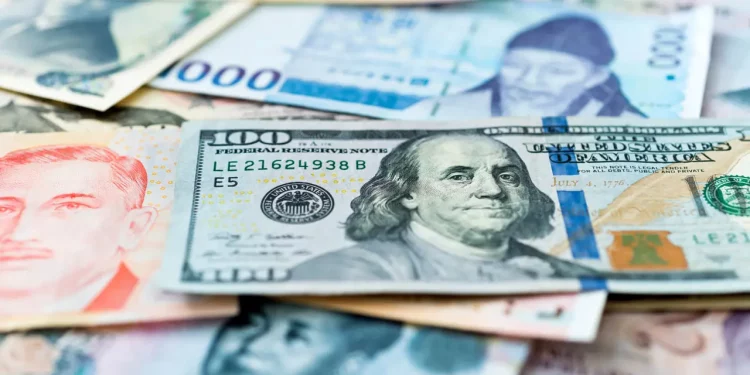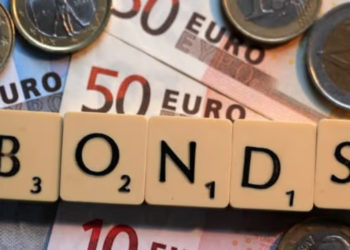The strength of a country’s currency is influenced by several interrelated factors, including economic indicators, market perceptions, and geopolitical events. Here are the key factors that affect currency strength:
- Interest Rates
Higher interest rates offer better returns on investments denominated in that currency, attracting foreign capital. This increased demand for the currency can strengthen it. Conversely, lower interest rates can weaken a currency.
- Economic Stability and Growth
A robust and growing economy tends to have a stronger currency. Indicators such as GDP growth, low unemployment rates, and stable inflation contribute to economic stability, making the currency more attractive to investors.
- Inflation Rates
Lower inflation generally strengthens a currency because it maintains purchasing power over time. High inflation erodes purchasing power, leading to depreciation as foreign investors seek to avoid losing value.
- Trade Balances
A trade surplus (exporting more than importing) increases demand for a country’s currency, as foreign buyers need the local currency to pay for goods and services. A trade deficit can weaken the currency due to higher demand for foreign currencies.
- Political Stability and Performance
Political stability and effective governance attract foreign investment, which supports currency strength. Political uncertainty, corruption, or instability can lead to capital flight, weakening the currency.
- Foreign Exchange Reserves
Countries with large foreign exchange reserves can manage and stabilize their currency. High reserves act as a buffer against economic shocks and enhance investor confidence in the currency’s stability.
- Speculation and Market Sentiment
Currency traders’ perceptions and speculative activities can significantly influence currency strength. Positive sentiment and speculation can drive demand and appreciation, while negative sentiment can lead to depreciation.
- Foreign Investment
High levels of foreign direct investment (FDI) indicate confidence in the economy, boosting demand for the currency. Portfolio investments in stocks and bonds also contribute to currency strength by increasing capital inflows.
- Government Debt
A manageable level of government debt attracts investors, while excessive debt raises concerns about fiscal sustainability, potentially weakening the currency. High debt levels can lead to fears of inflation or default, reducing currency value.
- Geopolitical Events
Geopolitical stability fosters a stronger currency, as investors seek safe environments for their investments. Conflicts, wars, and other geopolitical tensions can lead to uncertainty and risk aversion, weakening the currency.
The strength of a country’s currency is a complex interplay of economic fundamentals, market perceptions, and external factors. Stable and growing economies, low inflation, effective governance, and prudent monetary policies generally lead to stronger currencies. Conversely, economic instability, high inflation, political unrest, and speculative pressures can weaken a currency. Understanding these factors can provide insights into currency fluctuations and guide investment and economic policy decisions


















